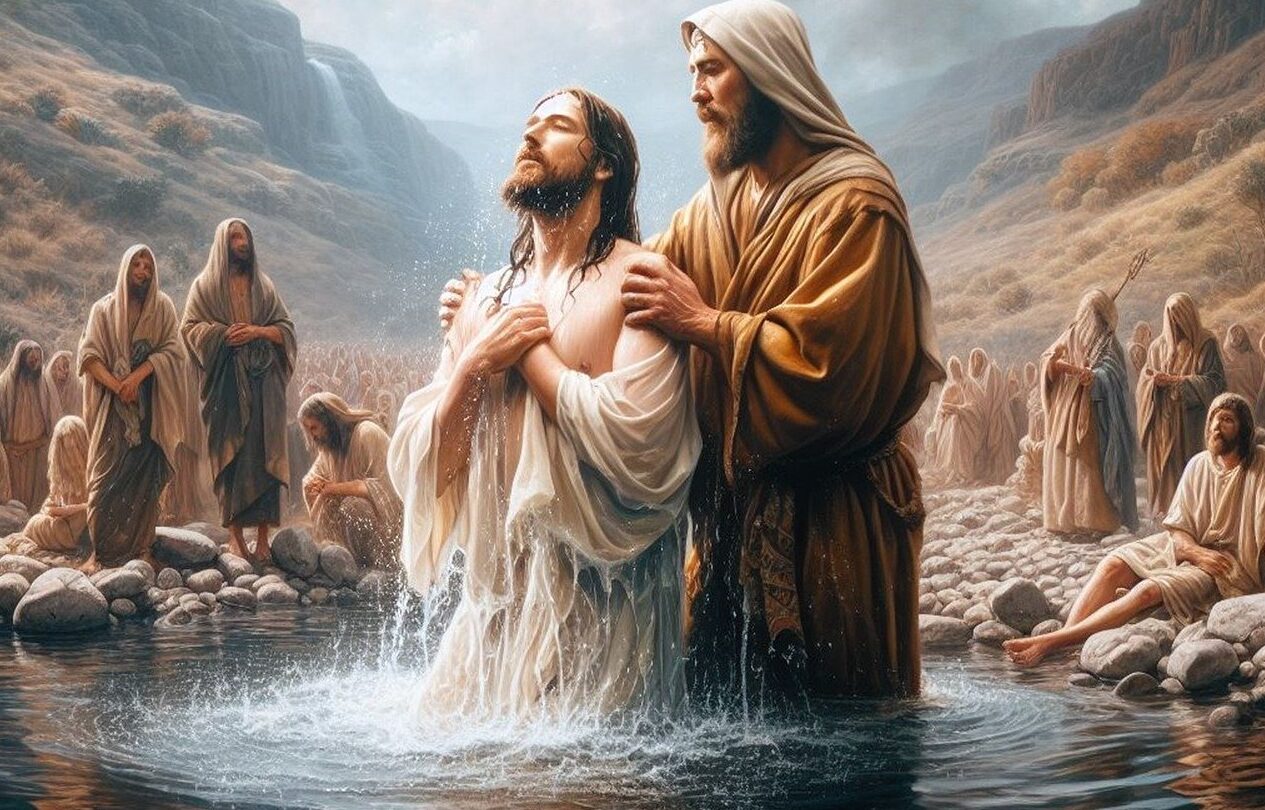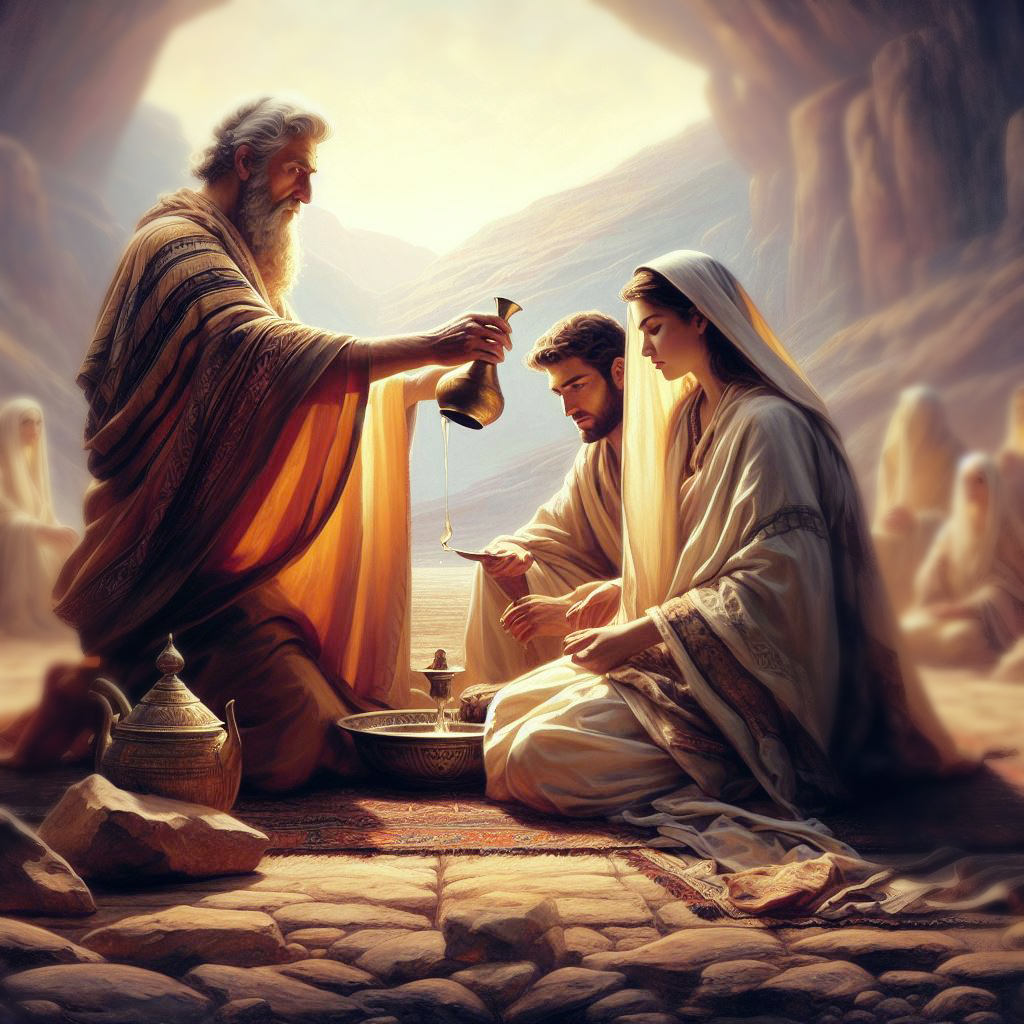Ordinances of the Saints 103: The Sacrament of Baptism

Course Prerequisite(s)
- Please note that this course has the following prerequisites which must be completed before it can be accessed
-
 Ordinances of the Saints 101: The Sacraments
Ordinances of the Saints 101: The Sacraments
About Course
Baptism is a ritual ordinance and a sacrament. Those who have been born again and are moved by the Spirit to receive this sacrament should take this class before being baptized. Those coming from other Latter Day Saint sects carry their baptisms with them. Likewise, all who feel moved by the Spirit to be baptized may be baptized as many times as they are moved to do so. All works for the Lord should be done as moved by the Holy Ghost, not to tick a box of a to-do list.
God’s grace, revealed in Jesus Christ, freely moves throughout creation, often beyond human perception, to achieve divine purposes in people’s lives. 22 [164:2b2] In harmony with God’s will, the Holy Spirit leads some people already committed to Jesus Christ through Christian baptism to further focus their response through Church membership.” -Doctrines of the Saints 14c:21-22
Student Ratings & Reviews

